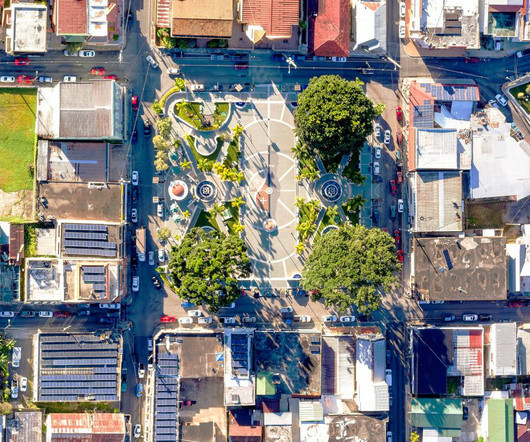Sandia Labs project team building fuel cell cold ironing system for deployment at Port of Honolulu in 2015
Green Car Congress
FEBRUARY 25, 2014
A Sandia National Laboratories project team, including a number of industry partners, is designing and building a cold-ironing fuel cell system that will be deployed in the Port of Honolulu in 2015. Ports have been a major source of water and air pollution in the US, but remained relatively unregulated until recent years.













Let's personalize your content